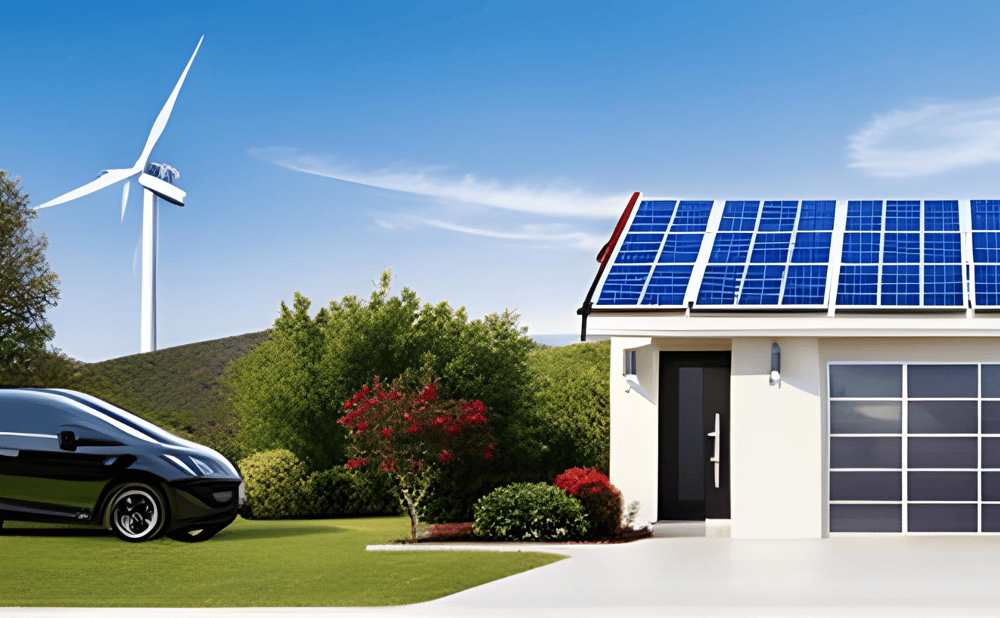
Sustainable - Renewable - Green - Clean?
Sustainable Energy:
Sustainable energy refers to energy sources that can be harnessed and utilized indefinitely without depleting natural resources or causing harm to the environment. It focuses on meeting the needs of the present without compromising the ability of future generations to meet their own needs. Sustainable energy sources are essential for long-term environmental and economic well-being.
Example: Biomass energy is a sustainable energy source. It involves using organic materials such as agricultural residues, wood waste, and organic matter from sewage to generate electricity, heat, or biofuels. Since new biomass can be grown or produced, it is considered a sustainable energy option.
Renewable Energy:
Renewable energy is a subset of sustainable energy. It refers to energy sources that are naturally replenished on a human timescale and are not exhausted with use. These sources have a virtually infinite supply and produce minimal or no harmful emissions during energy generation.
Example: Solar energy is a prime example of renewable energy. Solar panels convert sunlight into electricity, and as long as the Sun exists, we will have access to solar power. Additionally, wind energy (generated by wind turbines) and hydropower (generated from flowing water) are also examples of renewable energy sources.
Green Energy:
Green energy is a broader term that encompasses both renewable and sustainable energy sources. It emphasizes reducing the impact on the environment by using energy sources that produce little to no greenhouse gas emissions or other pollutants.
Example: Wind power is considered green energy. Wind turbines harness the kinetic energy from the wind to generate electricity without burning fossil fuels, reducing carbon emissions and air pollution.
Clean Energy:
Clean energy is similar to green energy in that it refers to energy sources that have minimal environmental impact. It typically includes renewable energy sources and also involves a focus on efficient energy use and energy conservation.
Example: Geothermal energy is an example of clean energy. It utilizes the Earth's internal heat to generate electricity or provide heating and cooling. Geothermal power plants emit very low greenhouse gases and have a small environmental footprint.
In summary, sustainable energy emphasizes long-term viability without harming the environment or depleting resources. Renewable energy sources are naturally replenished and have an infinite supply. Green energy and clean energy both prioritize low environmental impact, with green energy focusing on renewables, and clean energy encompassing efficient use and conservation as well. Examples of energy sources for each category include biomass, solar, wind, and geothermal energy, among others.
